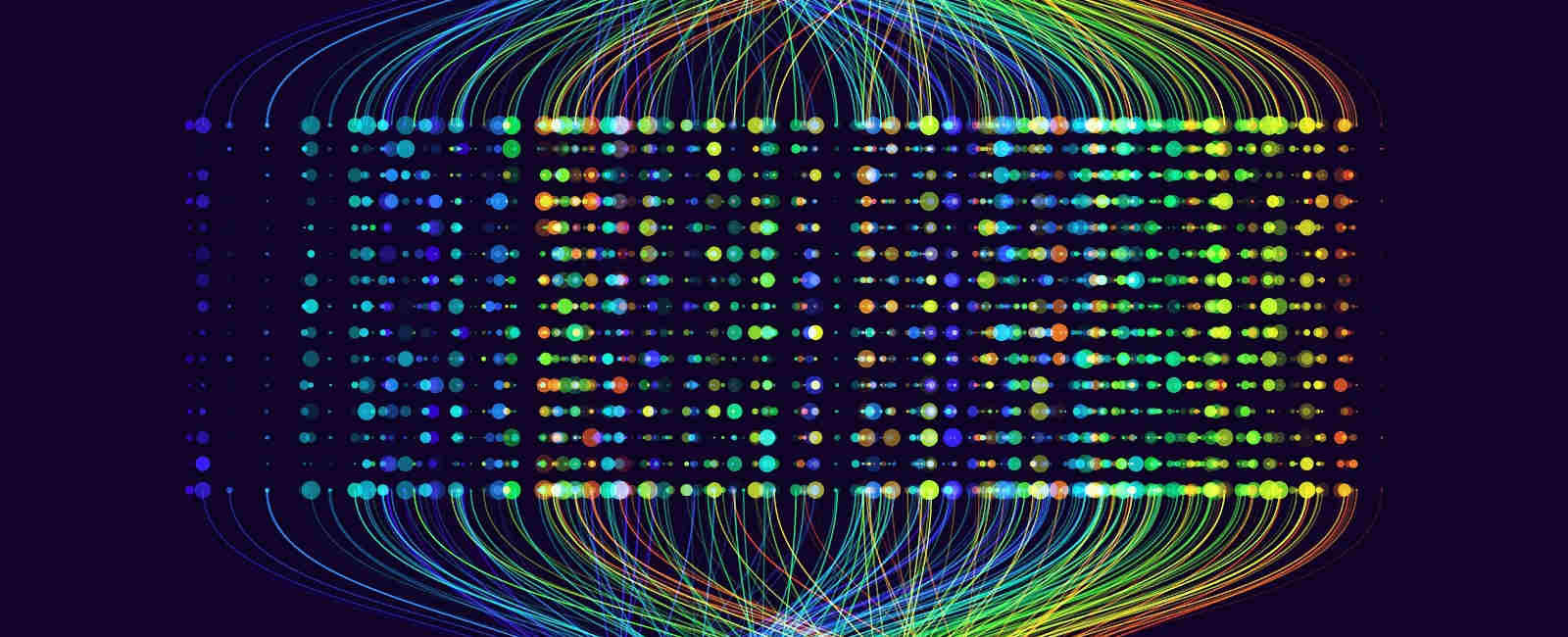
The BBVA Foundation’s Fundamentos Program supports five innovative exploratory research projects on core questions in basic science
Unraveling the mechanisms of cell division, a biological process that is vital to an understanding of the origin and functioning of life; building a quantum simulator to probe the dynamics of superconductivity as a step towards ultra-efficient, resistance-free power transmission; the design of more sophisticated artificial vision systems based on the workings of the human brain; investigating the co-evolution of plants and soil microorganisms across diverse ecosystems to enhance conservation; and analyzing how far cultural factors shape the structure of personal relationships, with implications for issues like the integration of migrant populations. These are the goals of the five innovative projects selected under the Fundamentos Program, launched by the BBVA Foundation to support exploratory fundamental and interdisciplinary research into core questions in basic science. After assessing a total of 305 applications, the committees of expert evaluators have awarded five grants of 600,000 euros in five knowledge areas: Physics and Chemistry; Mathematics, Statistics, Computer Science and Artificial Intelligence; Biology and Biomedicine; Environmental Sciences; and Social Sciences.
19 March, 2024
For over two decades now, the focus of the BBVA Foundation’s activity has been to foster knowledge generation through support for all facets of scientific research and its transmission to society, which it views as the most effective means to address the key challenges of the 21st century. The Fundamentos Program, funded with a total of 3,000,000 euros, is devoted to basic research, with support going to exploratory projects addressing the core or fundamental questions of a scientific field or discipline at its current stage of development. The Foundation also promotes applied research through its Prisms & Problems program – another 3,000,000 euros package, whose first call was launched at the start of this year – funding innovative interdisciplinary research projects that specifically address some of the key social and environmental concerns of the 21st century.
“It is precisely the exploratory work of basic science, with its focus on the building blocks or foundational concepts of a scientific discipline or the fundamental notions shared by more than one field of knowledge, that ends up producing transformative shifts in that same or even distant areas,” says the Foundation’s Director, Rafael Pardo. “This is so even though the research undertaken does not generally pursue any immediate practical utility.”
Projects funded under the Fundamentos Program may be led by up to three principal investigators (PIs); a coordinating PI of Spanish nationality or attached to a center in Spain and up to two others who may be attached to centers in Spain or elsewhere. Regarding the rest of the team, 70% of the researchers must work in Spain and the rest can be attached to centers in any country. The five projects selected in the recently resolved call are led by three PIs from research centers in Spain – Madrid, Catalonia, Valencia and Andalusia –, and abroad – in Germany (University of Tübingen) and the United States (the J. Craig Venter Institute in California and the University of Florida). Research team members are drawn from centers in the aforementioned Spanish autonomous communities and in the United States (Massachusetts Institute of Technology and Harvard University, both in Boston).
There follows an outline of the goals pursued by the five selected projects and their principal investigators.
Physics and Chemistry: Graphene to understand the workings of superconductivity and advance towards the dream of ultra-efficient power transmission
Project: “An Electronic Quantum Simulator (EQS)”
Principal Investigators: Adrian Bachtold, Carmen Rubio and Frank Henricus Louis Koppens (ICFO-Institut de Ciències Fotòniques, Barcelona)
More information on the project
Mathematics, Statistics, Computer Science and Artificial Intelligence: Towards artificial vision based on the workings of the human brain
Project: “Harnessing Vision Science to Overcome the Critical Limitations of Artificial Neural Networks (VIS4NN)”
Principal investigators: Marcelo Bertalmío (Institute of Optics, CSIC); Jesús Malo López (Department of Optics, Physics Faculty, University of Valencia); Felix Wichmann (Department of Computer Science, Neural Information Processing Group, University of Tübingen, Germany)
More information on the project
Biology and Biomedicine: Unraveling the mechanics of cell division in a synthetic cell to understand “what it means to be alive”
Project: “The Physical Basis of Cell Division in Minimal and Synthetic cells (MINCELL)”
Principal investigators: Saúl Ares García (National Centre for Biotechnology, CSIC, Madrid); Germán Rivas Caballero (Margarita Salas Centre for Biological Research, CSIC, Madrid); John Glass (J. Craig Venter Institute, California, United States).
More information on the project
Environmental Sciences: Understanding the co-evolution of soil microbes and plants as an aid to ecosystem conservation
Project: “Unrevealing Co-evolutionary Patterns in Plants and Microbes under Environmental Stress from Local to Global Scales (EVOLBIOME)”
Principal investigators: Manuel Delgado Baquerizo (Institute of Natural Resources and Agrobiology of Seville, CSIC); Francisco Ignacio Pugnaire de Iraola (Arid Zone Experimental Station, CSIC, Almería); Rubén Torices Blanco (School of Experimental Sciences and Technology, Universidad Rey Juan Carlos, Madrid)
More information on the project
Social Sciences: Analyzing cultural context as a determinant of social relationships to address issues including migrant integration
Project: “Mapping Cultural Diversity through Personal Networks (MapCDPerNets)”
Principal investigators: Anxo Sánchez Sánchez (Universidad Carlos III de Madrid); José Luis Molina González (Universitat Autónoma de Barcelona); Christopher McCarty, (University of Florida, United States).
